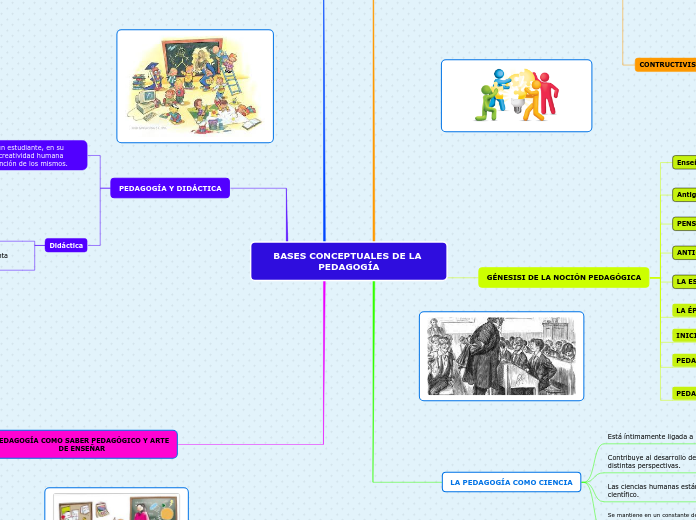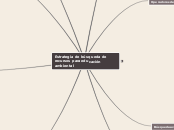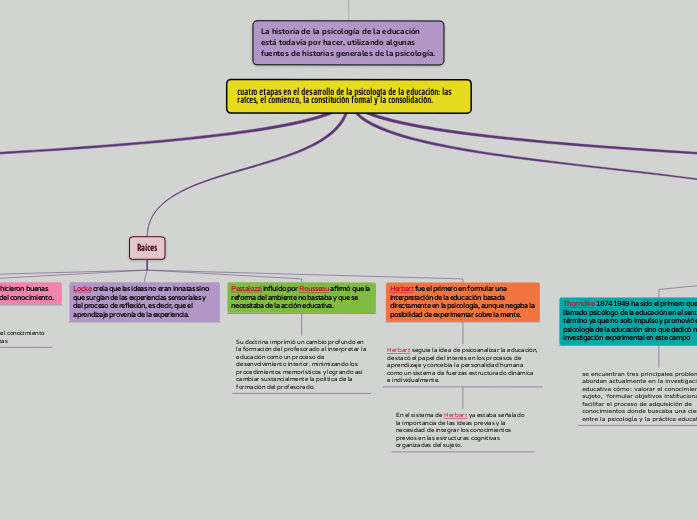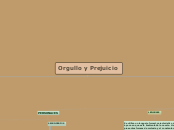af Nayeli Padilla 4 år siden
1516
BASES CONCEPTUALES DE LA PEDAGOGÍA

af Nayeli Padilla 4 år siden
1516

Mere som dette


af María José Ruiz Hidalgo


af JOHANA CAMILA MIRANDA CEBALLOS


af Jordana Suárez


af ambaly romero
In linguistics, syntax is the set of rules, principles, and processes that govern the structure of sentences in a given language, usually including word order.
A compound sentence is a sentence that has at least two independent clauses joined by a comma, semicolon or conjunction. An independent clause is a clause that has a subject and verb and forms a complete thought.
Create your own compound sentences, using the coordinators above.
When independent clauses are joined with coordinators (also called coordinating conjunctions), commas and semicolons, they do more than just join the clauses. They add meaning and flow to your writing.
A complex sentence is a sentence that contains an independent clause and one or more dependent clauses.
An independent clause can stand alone as a sentence, but a dependent clause even though it has a subject and a verb cannot stand alone.
An appositive clause follows another noun or noun phrase in apposition to it; that is, it provides information that further identifies or defines it.
Destrezas, habilidades, capacidades tanto físicas como cognitivas adquiridas mediante el proceso educativo y la metodología pedagógica
PEDAGOGO
The subject clause is a dependent clause that acts as a subject.
Es aquella persona encargada de reinventar métodos o técnicas, válidas para que los estudiantes aprendan de forma autónoma y libre, más conocido como profesor.
Persona beneficiada a quien se imparte educación, suele a travesar su proceso con el acompañamiento de su maestro.
Material de estudio planificado de acuerdo a objetivos, para alcanzar saberes escolares.
Es uno de los elementos en el que participa la educación.
A predicative clause may be introduced by conjunctions - that, whether, whether... or, as, as if, as though, because, lest, the way - or connectives.
The latter may be conjunctive pronouns - who, whoever, what, whatever, which - or conjunctive adverbs - where, wherever, when, whenever, how, why.
The object clause is a phrase on which a verb performs an action. It falls at the end of a sentence, and is governed by a verb or a preposition.
See the example below and try to create your own simple sentences.
Tim is driving the red car.
See the example below and try to create your own simple sentences.
Tim is driving the car with his mother.
See the example below and try to create your own simple sentences.
Tim is the driver.
See the example below and try to create your own simple sentences.
Tim drives the car.
See the example below and try to create your own simple sentences.
Tim drives.
Traditional grammar defines the object in a sentence as the entity that is acted upon by the subject.
The indirect object identifies the person/thing for whom/which the action of the verb is performed.
The indirect object is usually a person or a thing.
The direct object is the receiver of the action mentioned in the sentence.
Add example
Constructivismo crítico
La realidad de la persona y del entorno pertenecen al conocimiento.
Constructivismo radical
Hace referencia a nuestras inherentes transformaciones apreciaciones.
The predicate of a sentence is the part that modifies the subject in some way. Because the subject is the person, place, or thing that a sentence is about, the predicate must contain a verb explaining what the subject does and can also include a modifier.
Ciencia como actividad esencialmente cognitiva.
Neutralidad del investigador.
Operacionalismo
Conocimiento producido por hechos.
Carácter atomizado del conocimiento
Relaciona datos o estadísticas.
Inducción y deducción.
Operaciones mentales generadoras de conocimiento.
Metologismo e instrumentalismo.
Consecuencia de la metodología.
Dualismo epistemológico.
Comprende el conocimiento
Monismo epistemológico.
Explica e interpreta el conocimiento.
DIALÉTICA
Relación entre sujeto y objeto, conocimiento en constante evolución.
RELACIONISTA
Tiene conocimientos a priori.
EMPÍRICA
Conocimiento originado de forma progresiva.
The subject of a sentence is the person, place, thing, or idea that is doing or being something. You can find the subject of a sentence if you can find the verb.
Ask the question, 'Who or what 'verbs' or 'verbed'?' and the answer to that question is the subject.